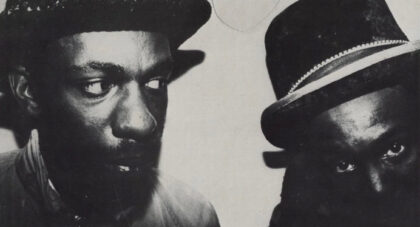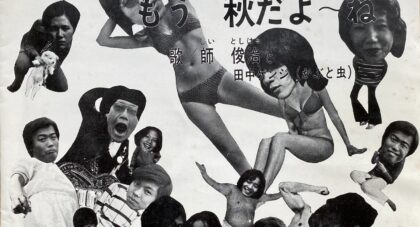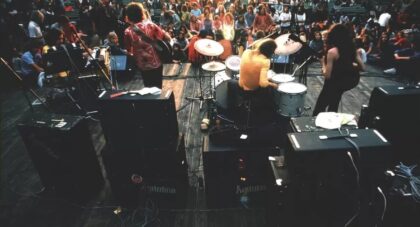On August 27th Chicago-based label Drag City announced a new Bonnie “Prince” Billy album, Singer’s Grave a Sea of Tongues , by uploading a staged interview with Will Oldham, the cryptic force and songwriter behind the “Prince” Billy moniker, dubbed . . .
Only the good shit. Aquarium Drunkard is powered by its patrons. Keep the servers humming and help us continue doing it by pledging your support.
To continue reading, become a member or log in.


